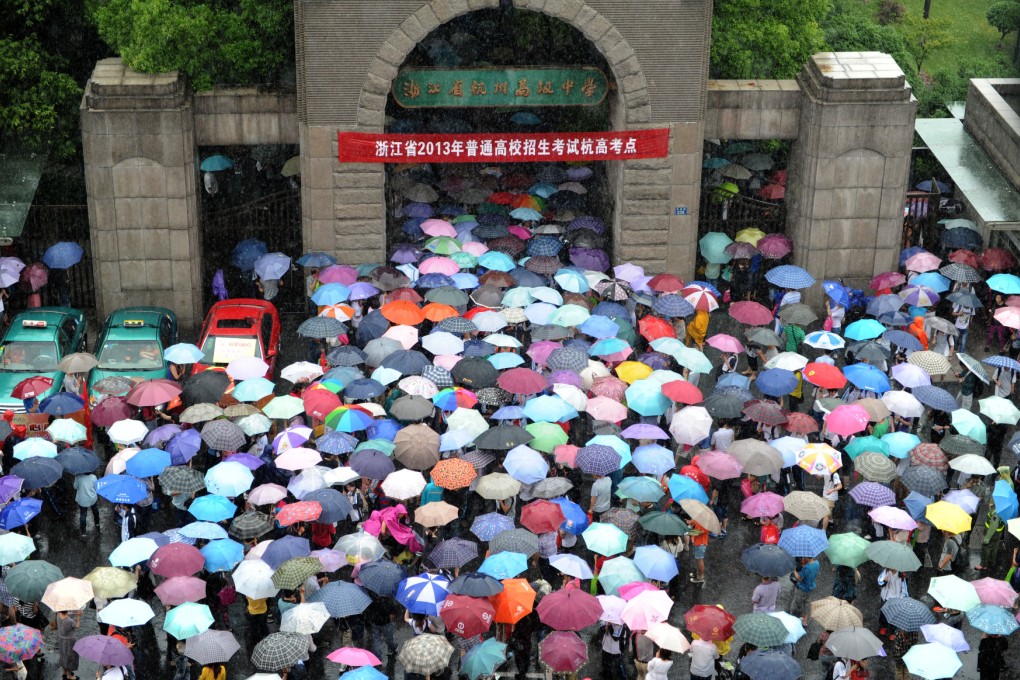New | Will Beijing's higher education reforms bring more fairness and innovation?
The national college entrance exam, or gaokao, has been a bittersweet experience for millions of mainlanders. Those lucky enough to have passed went on to college and left with a degree which for years has been a sure guarantee of a good career.

The national college entrance exam, or gaokao, has been a bittersweet experience for millions of mainlanders.
Those lucky enough to have passed went on to college and left with a degree which for years has been a sure guarantee of a good career.
But many have been haunted by nightmarish memories linked to years of preparation for the exam, largely through intensive rote learning. On top of that was the stress, the lack of sleep and little or no social life.
So a key resolution from the Communist Party’s central committee last month to usher in a sweeping reform of the exam regime has ignited heated debate among educators and parents over how far such change should go and how it should be carried out.
Vice Minister of Education Liu Limin said his ministry would soon release an overall plan for reform of the exam system that will respond to several initiatives outlined in a document released at the end of a key party plenum last month.
The suggestions include that the admission of students will no longer be strictly tied to the scores they get in the gaokao once a year. Instead, students could sit any number of exams in a year and use their best scores to apply for college. Universities may also have a greater say in the selection of their students.
